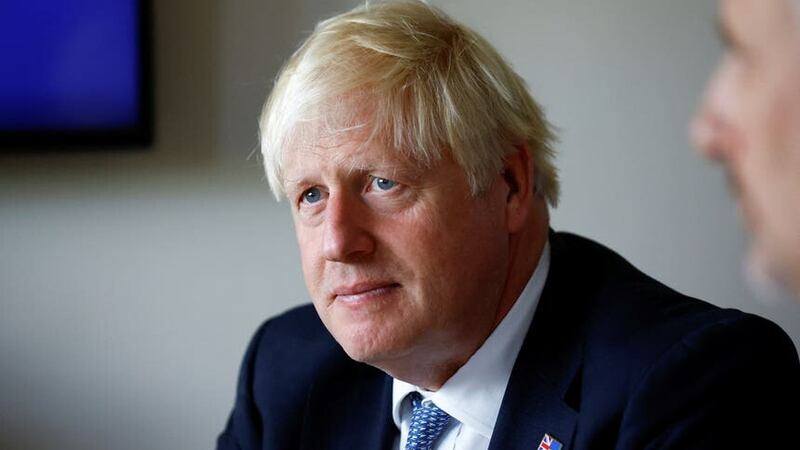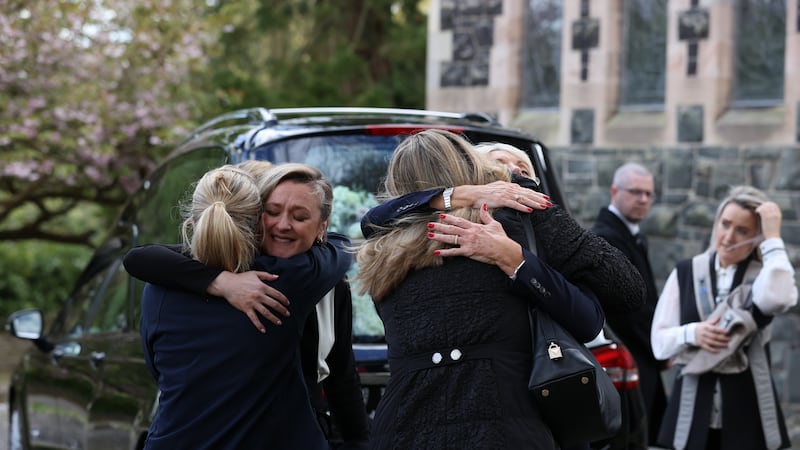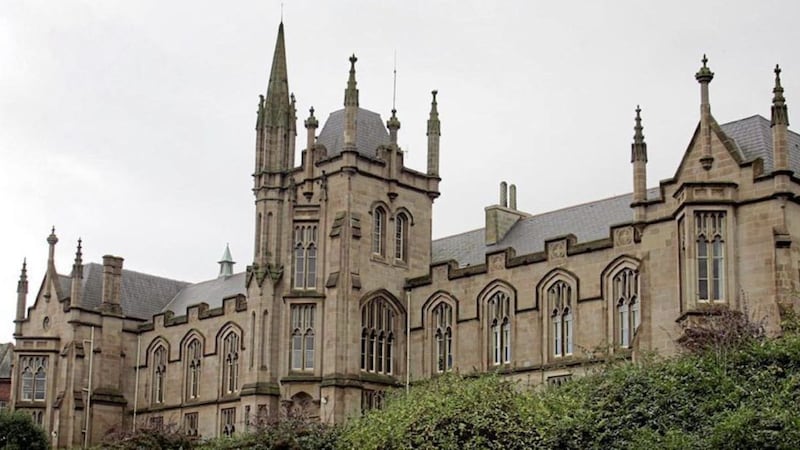Apart from earthquakes and volcanoes, all the problems in the world are caused by people. That’s because some (or maybe many) people are selfish, greedy, biased, misguided, contrary, stubborn or just plain brainless.
When the odd human-made problem is resolved, we are expected to be grateful and it is considered impolite to suggest that clearing up your mistakes is not quite progress.
Welcome to the problem of the protocol: manufactured in Dublin, marketed in Brussels and mangled in London.
Enda Kenny as taoiseach aimed for post-Brexit Irish-British co-operation as a continuation of the peace process, through the electronic monitoring of cross-border trade. (The EU and UK agreed on electronic data sharing for goods from GB to NI last month.)
However, while Kenny saw the issue in terms of trade, his successor, Leo Varadkar, opted for political opportunism.
He led a campaign against what the Dublin media called the pro-Brexit “little Englanders”. Failing to recognise that the Brexit vote was essentially a working class protest, SF/SDLP joined the attack.
So began the greatest populist outpouring of anti-British sentiment in Ireland since Daniel O’Connell’s days. In a reversal of Punch magazine’s 19th century anti-Irish cartoons, some Dublin commentators mocked the British people for their democratic decision to leave the EU.
Whether that view originally came from Brussels or was picked up there, we will never know. However, the EU promoted Ireland’s anti-British campaign by demanding a second referendum.
Northern nationalists agreed and then insisted on the north’s exemption from Brexit, even though they had voted for integration with the UK in the Good Friday Agreement.
Brexit was now a sectarian, not a trade, issue. In the north that meant that, like the Battle of the Boyne, nationalists and unionists took opposite sides in a struggle between two foreign powers.
The EU then drafted the protocol, giving them jurisdiction over the north. If that was brass-necked, Boris Johnson proved to be an even bigger chancer by signing the agreement. The DUP welcomed the protocol (that’s the same protocol which is now keeping them out of Stormont).
SF/SDLP campaigned for the protocol. SF continued its tradition of re-creating historical scenes by having men dressed as customs officers at make-believe border posts, to apparently show that this was the alternative to the protocol. No-one mentioned Enda Kenny. (There is a PhD in analysing SF’s Freudian fetishism for dressing in historical costume.)
SF/SDLP then proclaimed that Brexit would produce a united Ireland. It just delivered a divided north.
There are still “Protect the Protocol” posters along the border. SF/SDLP insisted that, as an international agreement, the protocol could not be changed. Last week both welcomed changes to it. So in opposing change, were they being politically dishonest or just having a laugh? Boris wasn’t the only chancer over Brexit.
Although he too opposed change, Leo Varadkar now supports a revised protocol. Boris Johnson, having signed the agreement, now denies his own signature. The DUP opposes the protocol, which it initially welcomed. All the actors in the Brexit drama certainly knew how to create problems.
The sticking point in EU-UK negotiations appears to be the role of the European Court of Justice. It is not a court in the way that we might understand it. It is a political creation to promote a federal Europe through legislation. It cannot be considered impartial.
In a wonderful reversal of history, SF/SDLP support this undemocratic institution, while what are described as hardline unionists are on the side of democracy. Quare times indeed.
Whatever your view on the protocol, it is hard to avoid the conclusion that this whole mess could have been avoided. The best way to solve a problem is not to create it in the first place. However, politicians’ pursuit of their own agendas blinded all sides in creating the protocol problem.
As recent events show, they could have been doing more important things.









